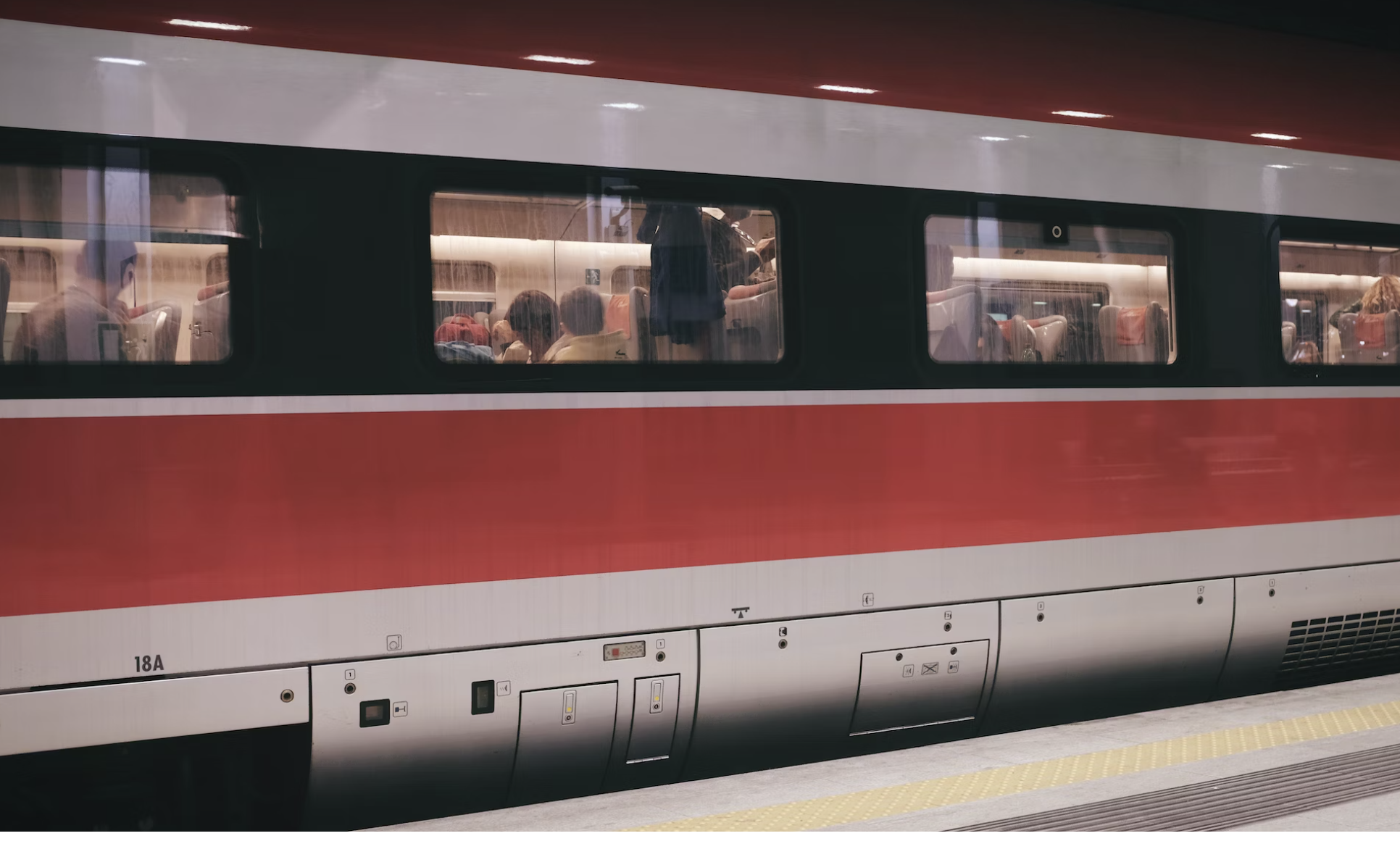Taking practical steps, travel brands can enhance their value proposition by allocating resources towards digital self-service tools, such as proactive notifications with personalised re-booking suggestions or AI-powered chatbots. This technology enables customers to swiftly access answers to their inquiries, preventing surges in website traffic from inundating call centres. By reducing unnecessary call volumes, rail companies can also decrease costs and protect revenue.”

How businesses can navigate UK rail strikes to ensure a smooth digital experience for customers
“The train driver overtime strikes organised by ASLEF this week really brought the need for businesses to have a strong mobile offering to the fore. The disruption experienced two key events, including Brighton Pride, and ongoing threats to busy periods, such as the start of the Premier League football season this weekend saw UK travellers scramble to plan new routes, check their trains were running and, where needed, exchange or refund their existing tickets.
In moments like these, when customers are already frustrated, it’s vital businesses guarantee a hassle-free, seamless and efficient digital experience to avoid further exacerbating ill sentiment towards their products or services.
This is particularly pertinent in travel as mobile is becoming a primary driver of sales across the industry. In fact, our recent benchmark report on airlines and hotels found that mobile makes up 80% of monthly traffic for the industry and 47% of airline sales. With train travel, the fact cancellations usually happen with short notice and while consumers are out of the home means mobile use is extremely heavy. The proposed closures of ticket booths will further add to the traffic associated with changes to scheduled departures, meaning rail providers need to get mobile right, right now, or risk reputational damage and potential loss of sales.

